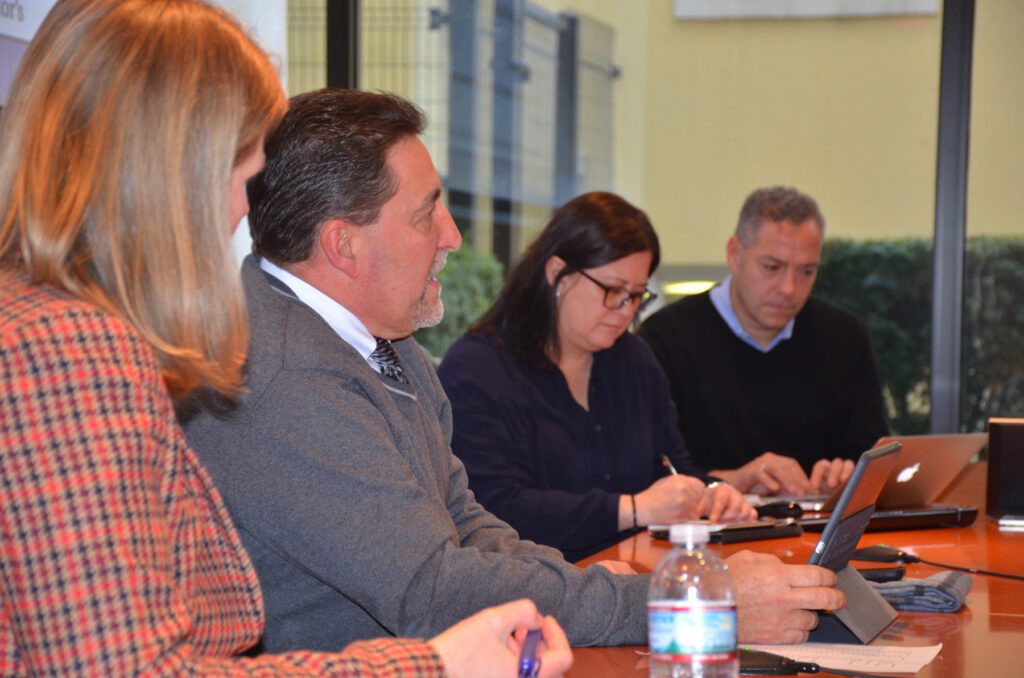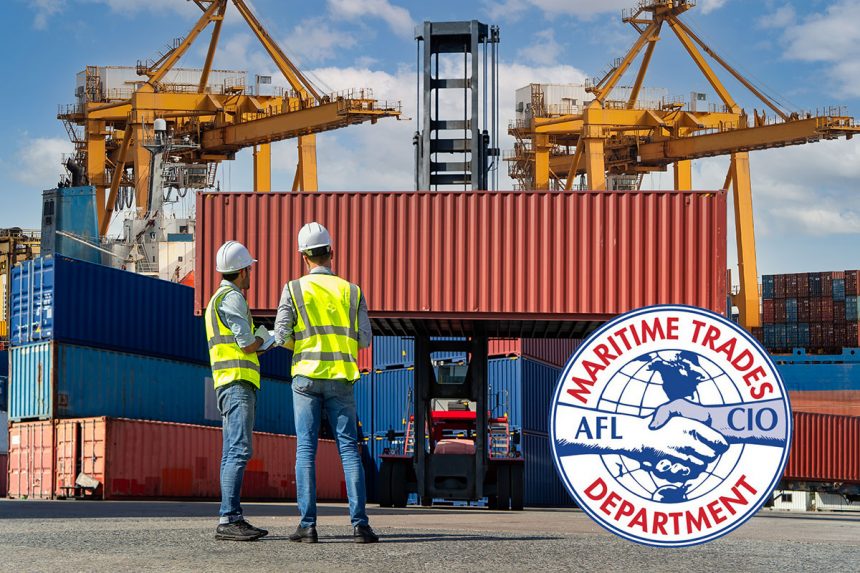
While mariners know the struggle for workers’ rights is not limited to solid ground, an investigation by a New York Times reporter has shined a spotlight on the often unseen, yet very important, industry of deep sea commercial fishing.
Ian Urbina directed that beacon January 10 when he spoke at a forum co-sponsored by the MTD, the Seafarers International Union and the International Transport Workers’ Federation (ITF) in the AFL-CIO headquarters in Washington.
In an eight-part series published by the Times, Urbina exposed unsavory practices used to force people to work on fishing vessels on the high seas in some cases for years without seeing or touching land. He used the forum to explain what he saw during his investigation.
Much of Urbina’s exploration took him to Southeast Asia where poor and uneducated men and women were lured by the promise of good-paying jobs. Some were forced into human trafficking; others were “shanghaied” to pay off debts; and still more paid recruiters for jobs that did not exist.
Urbina associated the abuse of these workers to battles fought by the ITF and its affiliates against flag-of-convenience (FOC) shipping. For both the fishers and the mariners, there are many documented cases of workers being abused and underpaid – if paid at all. As with FOC vessels, a great number of fishing boats may be owned by a company or person from one country, registered in another and have crews from yet a third (or more) nationality.
The reporter thanked the behind-the-scene efforts of unions, government agencies and non-governmental organizations for providing leads and connections for his articles. (Many of those attending the forum represented those bodies.) He noted the work being performed by the ITF and its affiliates (including the SIU) with environmental groups like Greenpeace to find ways to help these workers. But, he added, “There’s a real division between those who are worried about dolphins and fish and those who are worried about human trafficking.”
Jacqueline Smith, who serves as ITF Maritime Coordinator, told the audience, “We want to get retailers, consumers and governments involved, so that regulators have to ask ‘Where does this fish come from?’” She added the ITF has its focus on a small minority of crooked manning agents but they are scattered around the world.
The ITF, to which the MTD is affiliated, represents about 700 transportation-related unions from 150 countries. It is based in London

